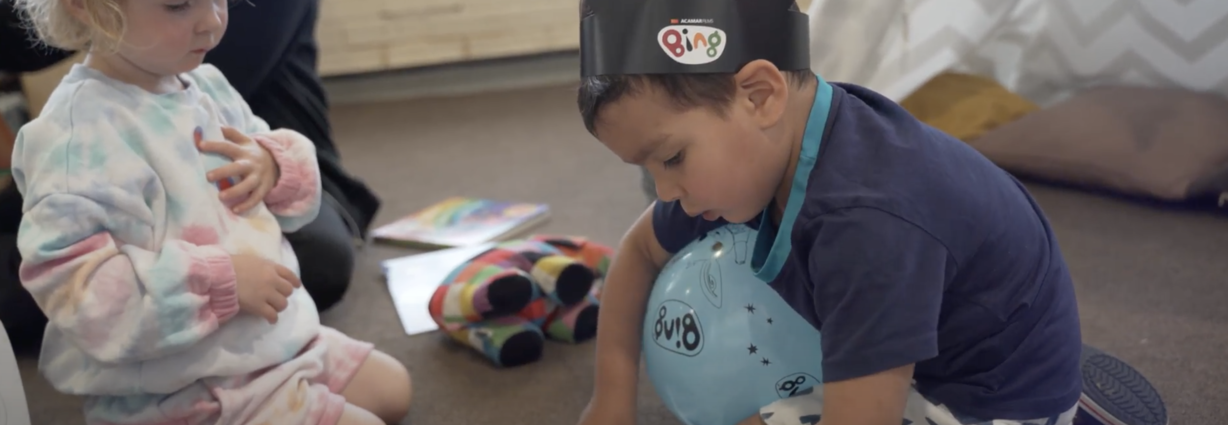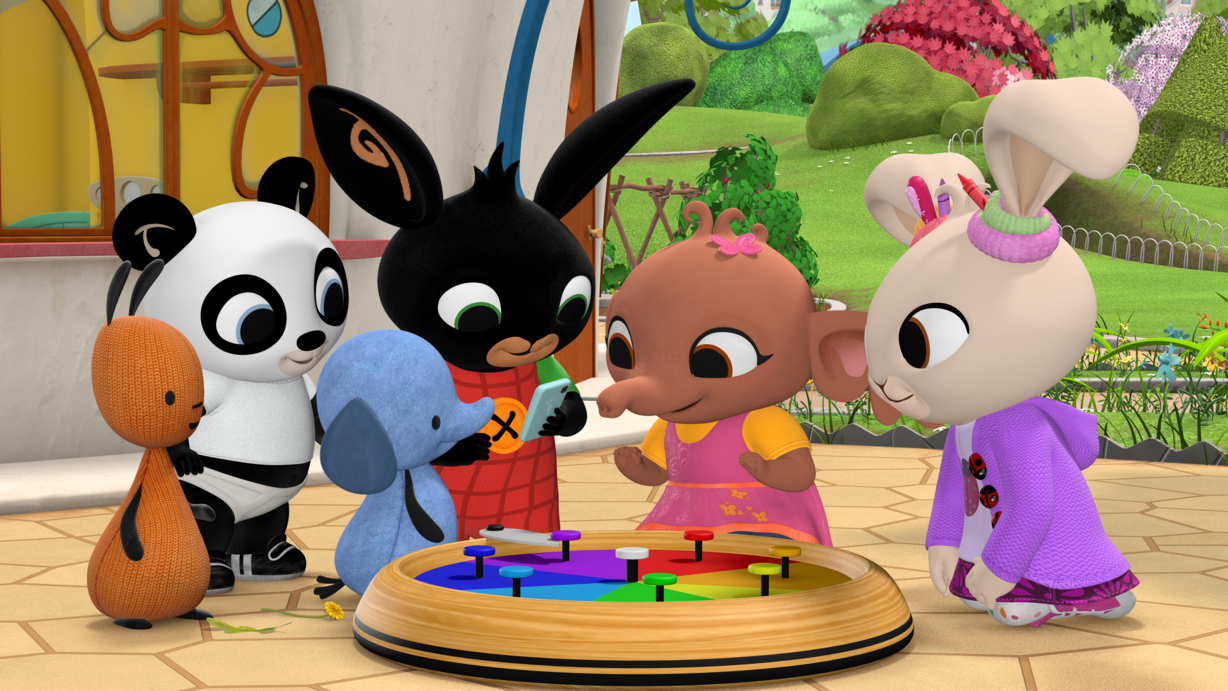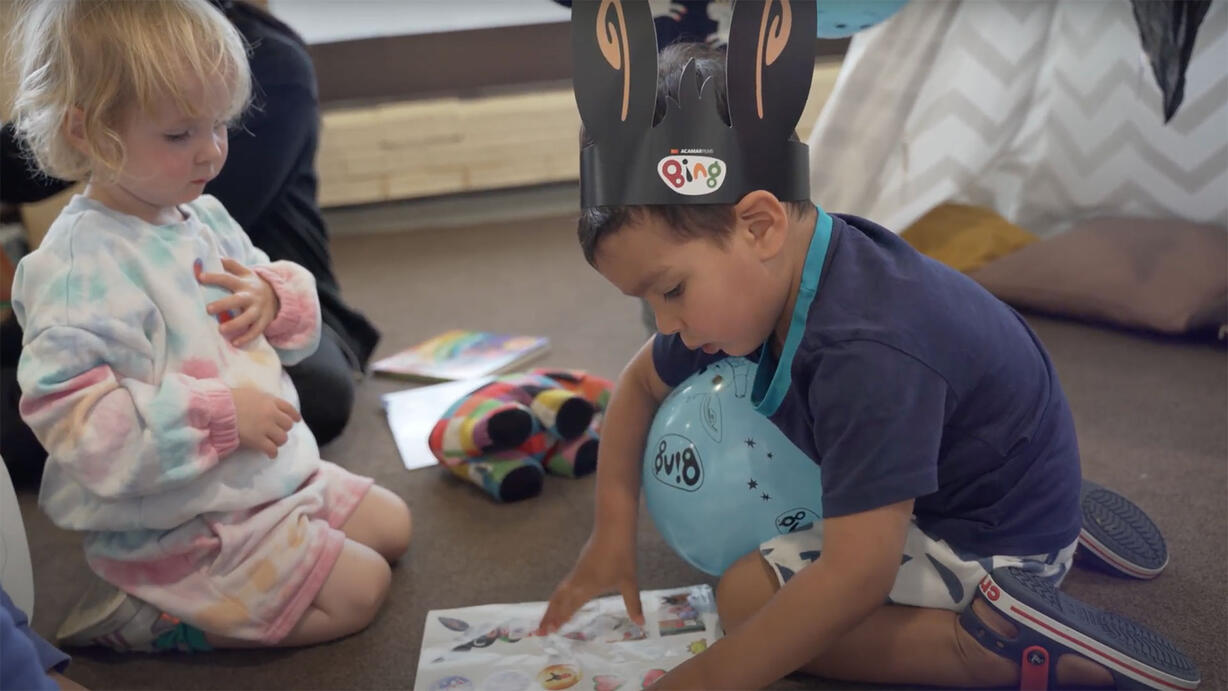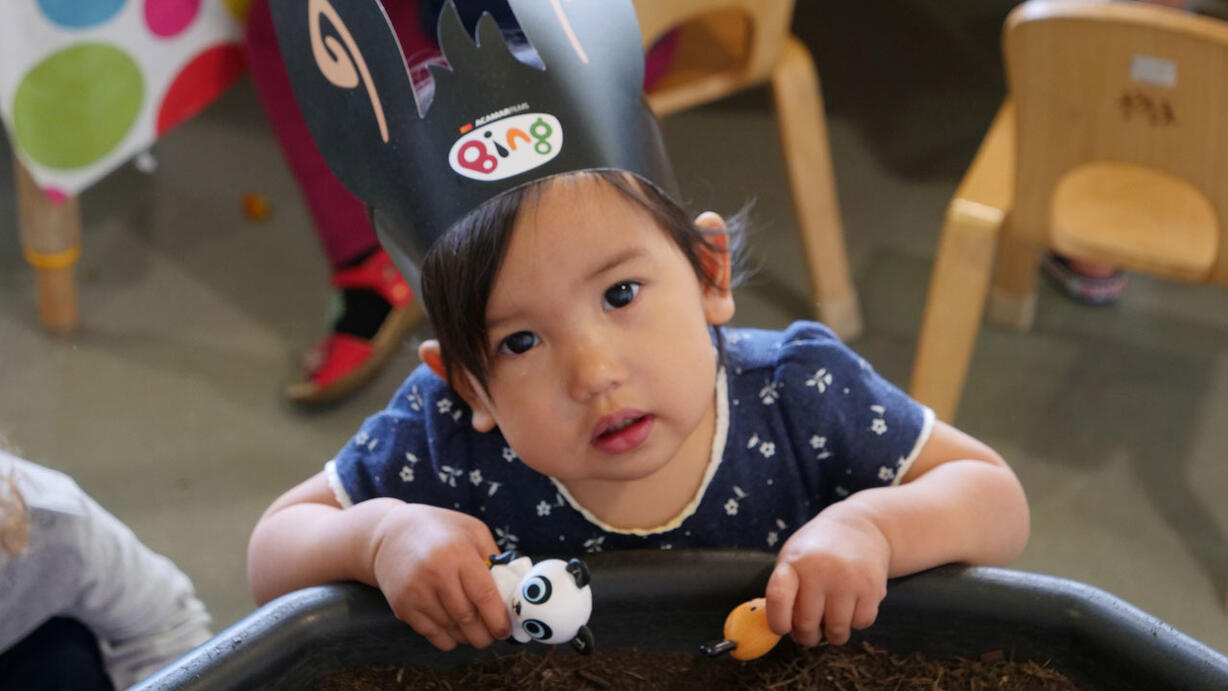
Five Tips for Settling your Child into a New Nursery
Settling your child into a new nursery
In partnership with the National Day Nurseries Association (NDNA)
How can I help my child to settle into nursery?
Children respond to separation differently at different stages of development.
6 months – 12 months:
At this age babies are beginning to social reference. This is when they start looking towards others for a response. The way you respond to your baby when you drop them off at nursery will influence the way they act and feel. If you smile at your baby and talk to them as you pass them over to nursery staff, your baby will pick up that you are happy and they will feel happy. If you show your anxiety and make a fuss, so will your baby! If you do have some worries or are feeling anxious, you should try and talk about them with the nursery manager away from your baby.
One to two years:
At this age, toddlers are developing autonomy. This means they like doing things for themselves but still look towards adults for their response. During your settling in days you should encourage your toddler to play and explore with the toys and resources, while giving plenty of warm smiles.
Two to three years:
Two year olds become engrossed in symbolic play. This is when they pretend to be someone else. If your child’s nursery has a pretend home corner, during your visits you could pretend play the new routine of getting ready to leave the house, dropping off at nursery and then returning at the end of the day. Through play children start to make sense of what is happening around them.

With gentle encouragement and reassurance children soon overcome their fears.
Three to four years:
At this age, children develop more ways to play. They need opportunities for solitary play, this means space to play by themselves. They start to develop friendships and will play alongside children. This is called parallel play. They also need experiences to help them learn to share and negotiate. This is known as co-operative play.
If your child has spent a lot of time at home playing on their own, you can help them during the settling in days to get to know other children and take part in the different types of play. Your nursery staff will also work with you and your child to develop their play with other children. Children at this age are frightened easily and can be reluctant to try new things. This is a normal part of development.
Some tips for you:
- Allow yourself plenty of time to settle into your new routine.
- Organise something to take your mind off leaving your baby or child, for example meet a friend.
- Ask for a call from the nursery staff to put your mind at ease.
- Nurseries often have open days or times to come in and share children’s learning. These are ideal opportunities to get to know other parents and develop a support network.
- Juggling other responsibilities with family life is hard work and other parents may be able to offer support, advice and a friendly ear. Make the most of your nursery community to build friendships for both you and your children.
Download a printable version
About the contributor
NDNA partnered with Acamar Films, producer of the award-winning preschool series Bing, to bring parents some helpful tips and suggestions to support them during the ups and downs of children’s transitions.
NDNA are the national membership organisation and the voice of day nurseries in the UK: the people behind the people who care, and champion the best for our children. By providing early years training, advice and guidance, we give your nursery the edge, an advantage that makes it the best it can be.





